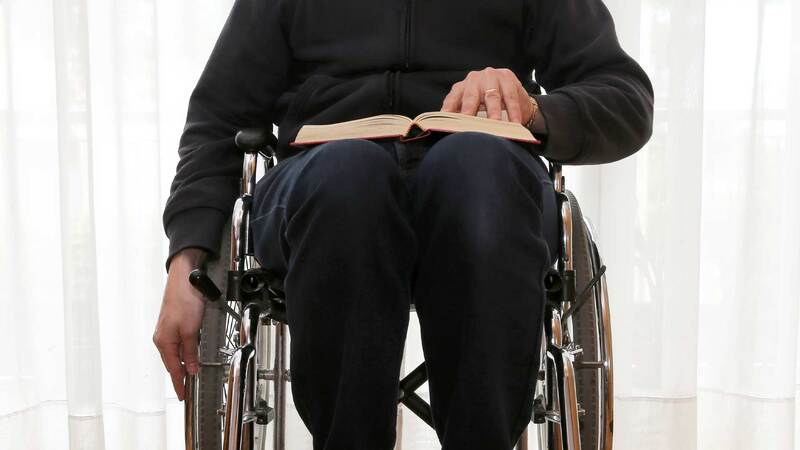You are viewing your 1 free article this month. Login to read more articles.
SoA urges government to follow EU copyright law after Brexit
The Society of Authors (SoA) has urged the UK to continue to follow European Union law even after Brexit as part of its formal response to the Intellectual Property Office (IPO) yesterday on the European Commission's draft copyright directive.
Its response follows a warm reception from authors for the EC's draft legislation on copyright released in September, which has placed a strong emphasis on contract transparency and the so-called 'bestseller clause', which addresses situations where authors are paid a flat fee, irrespective of how many copies a book goes on to sell.
However, the Publishers Association's response to the IPO has questioned the relevance of the draft legislation for the UK, with updates already made to UK copyright framework in 2014, following the Hargreaves Review.
In its response to the IPO's calls for views on the draft proposals, the SoA said it was in the UK's best interests to follow EU copyright law, and have a "strong copyright regime, harmonsied with the rest of Europe". It also emphasised the importance of the EU market and in order to provide "stability for industry during the Brexit process".
"UK legislation on Digital Single Market (DSM) issues must reflect those of Europe as far as is possible to avoid distortions in the digital marketplace," it said.
The sentiment has the backing of the SoA's president, author Philip Pullman, who said when the draft was first released in September that: "Authors badly need the sort of natural justice that these clauses embody, not least because our work contributes substantially to the wealth of the nation."
The SoA's formal response to the IPO also stressed the importance of the EU market for the UK, saying Britain's creative industries generate £84.1bn a year for the UK economy, with over 40% of book sales are overseas exports.
It also said it was "essential" that the UK government and UK rightsholders continued to play an influential role in the process of formulating and developing the proposals within the European Commission, Parliament and Council.
"The last few years have seen detailed and rigorous review and debate of copyright legislation both domestically and in Europe," the SoA said. "The result for the UK is a legislative framework that is balanced in respecting the rights of users and creators and well able to deal with the complexities of the 21st Century. Copyright is good for authors and the publishing industry. Authors wish to maintain strong copyright protection and to guard against that protection being weakened. It is important that we maintain a strong copyright regime, harmonised with the rest of Europe to ensure that we can still export to major markets- and it is important that the rights of creators be supported so they can benefit from their creations and continue to produce innovative, informative and creative works that are in demand worldwide."
However, in its reponse to the IPO, the Publishers Association has questioned the relevance of the draft legislation for the UK after updates were made to UK copyright framework only in 2014, following the Hargreaves Review. Those changes already took into account "the sort of technological changes this directive is designed to do", the PA argued.
The trade body has requested amendments to several articles to ensure that there is "no adverse effect on the publishing industry". In particular, while it praised the "principles" behind the legislation in respect to fair remuneration, it said the proposals did not adequately reflect the different ways in which authors are currently remunerated. It further pointed to voluntary initiatives already in place, for example the Publishers Association Code of Practice on Author Contracts, the PA / AAA Good Practice Guidance for the Process of Agreeing Contracts and the PA's Informal Dispute Resolution Service, as non-legislative solutions.
"'Authors' can cover all creators of content, some of whom may not contribute in any way or in any material way to a work’s success (e.g. a photographer of a picture in the plate section, a cartographer creating one map, or someone drawing pie charts or graphs). Their contribution to a work's success cannot be measured and indeed most works would succeed just as much without their contribution," the PA's response said. "It does not seem justifiable for these contributors to be entitled to claim further compensation in the same way as the main contributor(s) should a work be extremely successful."
The deadline for views on the draft EC copyright legislation to be submitted to the IPO was yesterday (6th December).



















